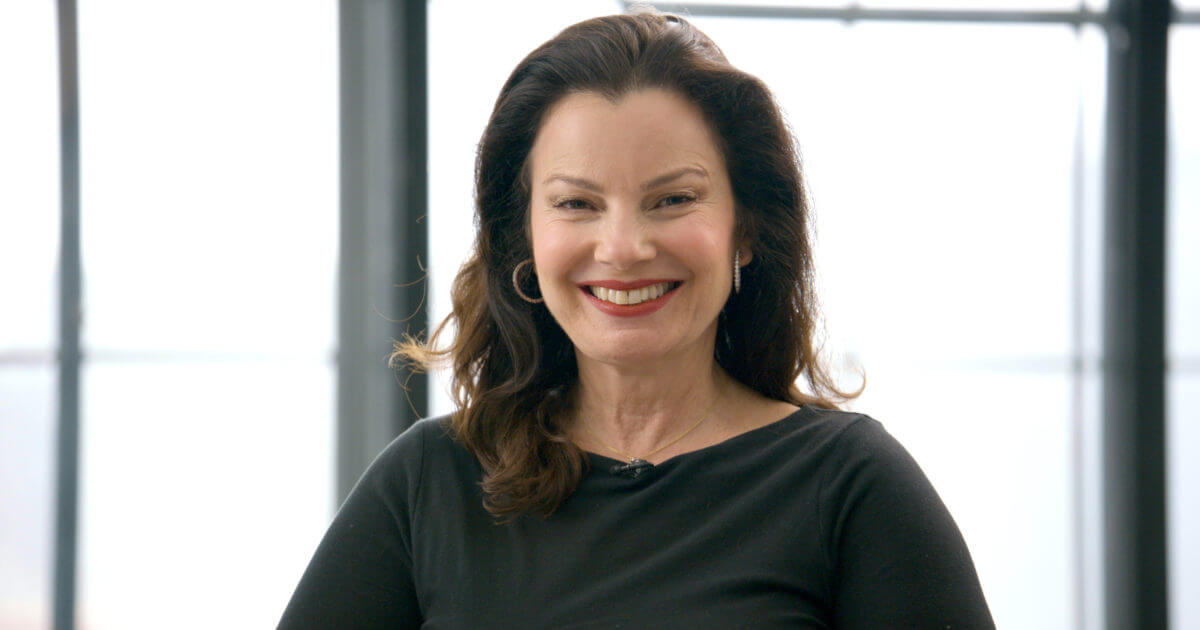Drescher's Journey
- Actress Fran Drescher, 63, is sharing with fans and followers a new book about inspirational living.
- Drescher was diagnosed with uterine cancer in 2000, following two years of misdiagnoses by eight doctors.
- Common risk factors for uterine cancer include hypertension, diabetes, obesity and polycystic ovarian syndrome.
PHOTOS: Stars Who Have Beaten Cancer
Read More
View this post on Instagram
Drescher’s Cancer Battle
Drescher was diagnosed with uterine cancer in June 2000. After two years of experiencing uterine cancer symptoms, Drescher received misdiagnoses from eight doctors. Then, she finally got a correct diagnosis. Drescher tells SurvivorNet in an earlier interview how the experience led her to feel scared and betrayed by her own body, as well as the medical community.
She also says, “If you are a cancer patient or was just diagnosed with cancer, you may, undoubtedly, be very frightened. I know that I was. Some of the recommendations that I can make for you immediately is to open your world up to people, start looking at your lifestyle, become educated so that you can see what all of your options are. Because the best decision you make is an informed decision and to start increasing mind, body, and spirit balance as much as you can.”
Fran Drescher's Advice on How to Handle a Cancer Diagnosis
Understanding Uterine Cancer
Some people may be predisposed to uterine cancer. Dr. Diana English, a gynecologic oncologist at Stanford Medicine, says in a previous interview, “Uterine cancer and endometrial cancer are synonymous. It’s a cancer that’s coming from the lining of the uterus. That’s what endometrial cancer is.”
“I think one of the challenges with uterine cancer is that it can also happen in younger patients that have certain conditions that might predispose them to cancer,” she says. “These patients might not be thinking about this, their primary care providers may not be speaking to them about this.”
Dr. English outlines for SurvivorNet common risk factors of uterine cancer. They include:
- Hypertension
- Diabetes
- Polycystic Ovarian Syndrome (which is marked by the absence of regular periods)
- Obesity
- Hyperandrogenism (elevated male sex hormones)
- Lynch Syndrome
Understanding the Risks and Symptoms of Uterine Cancer
Learn more about SurvivorNet's rigorous medical review process.


